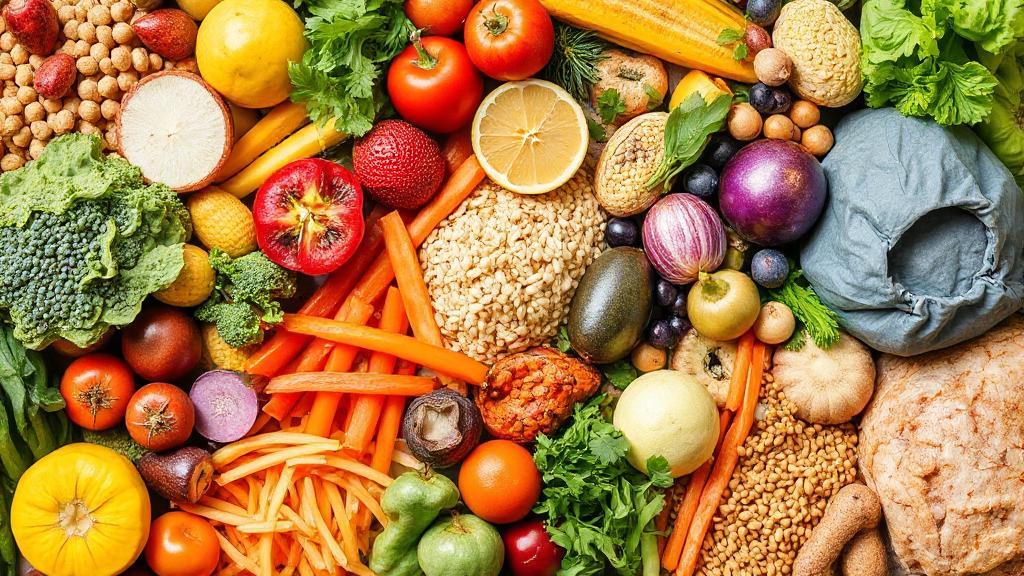Understanding Different Food Groups and Their Benefits
Macronutrients: The Foundation of Nutrition
The foundation of any healthy diet begins with understanding the three main macronutrients: proteins, carbohydrates, and fats. Each plays a vital role in maintaining optimal health and bodily functions.
Proteins: Building Blocks of Life
Proteins are essential for:
- Muscle repair and growth
- Enzyme production
- Immune system function
- Hormone regulation
Sources of Protein
- Animal-Based: Chicken, fish, eggs, and dairy products
- Plant-Based: Lentils, chickpeas, tofu, and nuts
For more insights on protein sources, visit Mayo Clinic's guide on protein.
Fruits and Vegetables
Fruits and vegetables are packed with vitamins, minerals, and antioxidants that help protect the body against free radicals and oxidative stress.
Benefits of Fruits
- Rich in Vitamins and Minerals: Oranges, bananas, and strawberries provide essential vitamins
- High in Fiber: Aids in digestion and helps maintain healthy weight
- Antioxidant Properties: Berries help combat oxidative stress
Learn more about fruits at Healthline's guide on fruits.
Benefits of Vegetables
- Nutrient-Dense: Low in calories but high in nutrients
- Heart Health: Leafy greens improve cardiovascular function
- Cancer Prevention: Cruciferous vegetables contain protective compounds
The American Heart Association recommends eating at least 5 servings of fruits and vegetables per day.
Whole Grains and Complex Carbohydrates
Despite recent diet trends, carbohydrates remain our body's primary energy source. Complex carbohydrates provide:
- Sustained energy release
- Essential fiber
- Important vitamins and minerals
- Fuel for brain function
For a deeper understanding of whole grains, check out Whole Grains Council.
Healthy Fats
"Let food be thy medicine and medicine be thy food." - Hippocrates
Healthy fats are crucial for:
- Brain health and cognitive function
- Hormone production
- Nutrient absorption
- Cell membrane integrity
| Fat Source | Benefits |
|---|---|
| Avocados | Heart health |
| Nuts | Brain function |
| Olive oil | Anti-inflammatory |
| Fatty fish | Omega-3 fatty acids |
Functional Foods and Superfoods
These foods offer benefits beyond basic nutrition:
- Kale
- Blueberries
- Chia seeds
- Quinoa
- Spirulina
Cultural and Practical Considerations
Food isn't just about nutrition—it's deeply woven into cultural identity and social connections. Traditional diets like the Mediterranean diet often combine healthy eating principles with cultural practices that promote overall wellbeing.
Making Informed Choices
The key to a healthy diet isn't about eliminating food groups or following strict rules. Instead, focus on:
For further reading on balanced diets and nutrition, explore resources from ChooseMyPlate.gov and the National Institutes of Health (NIH).
